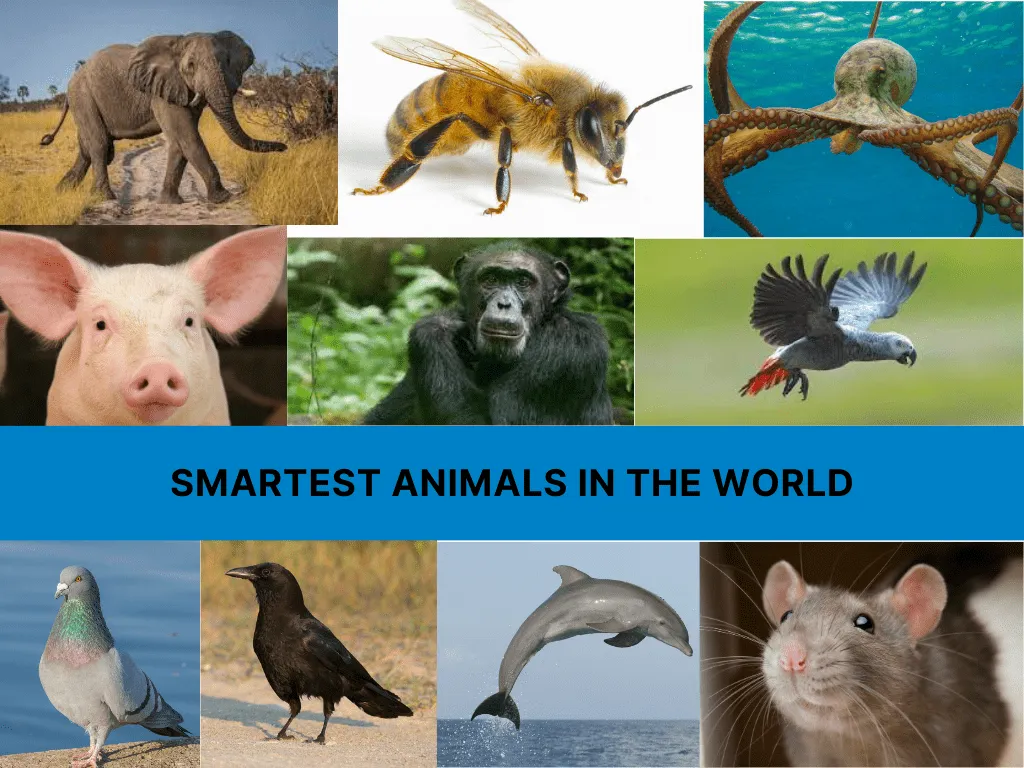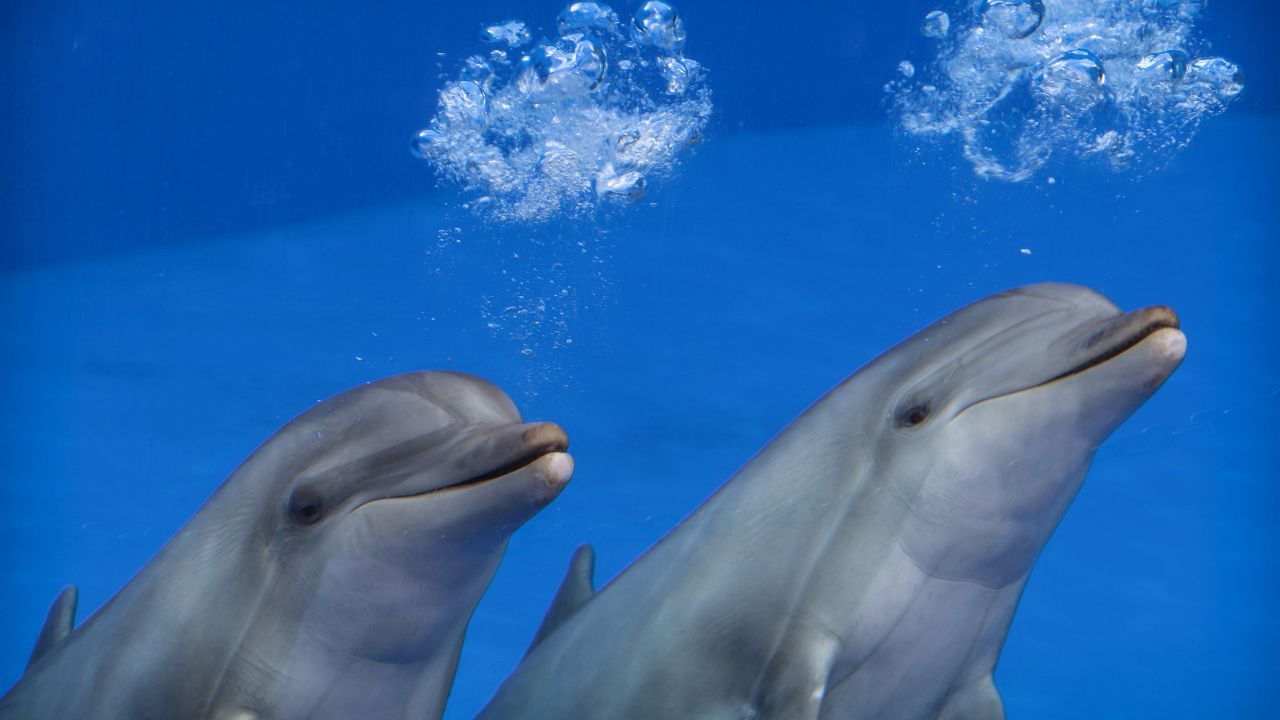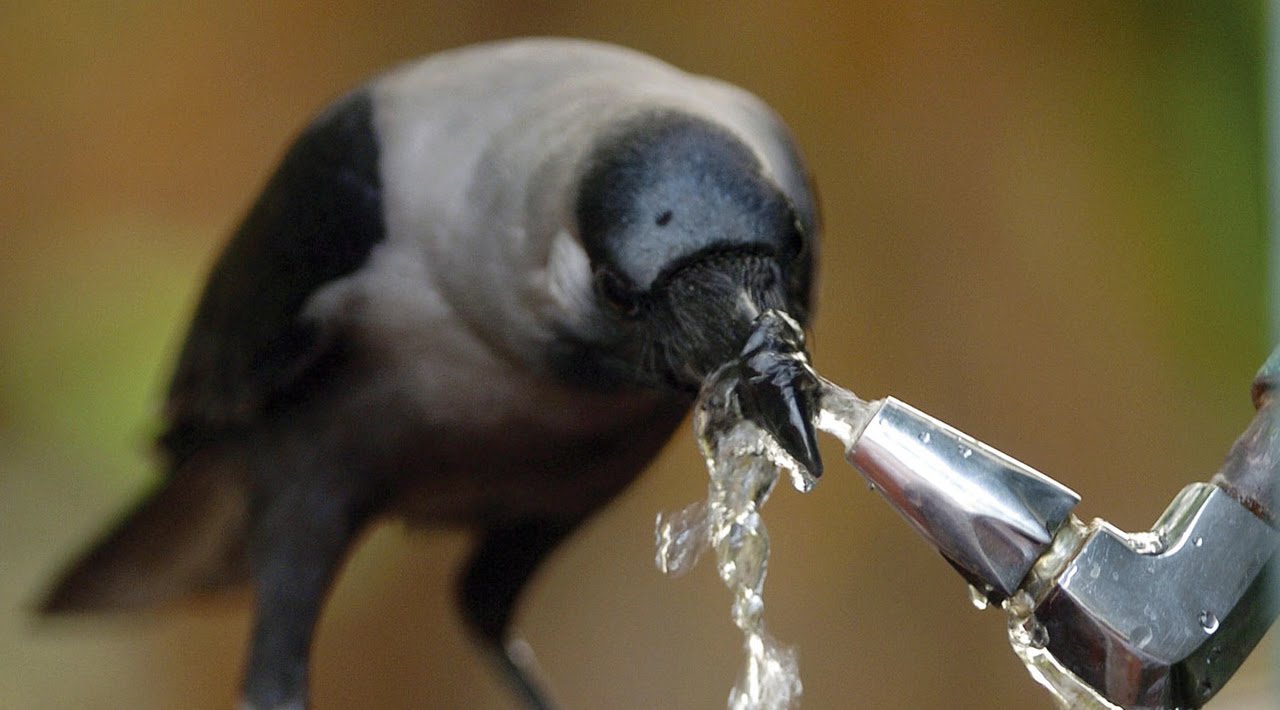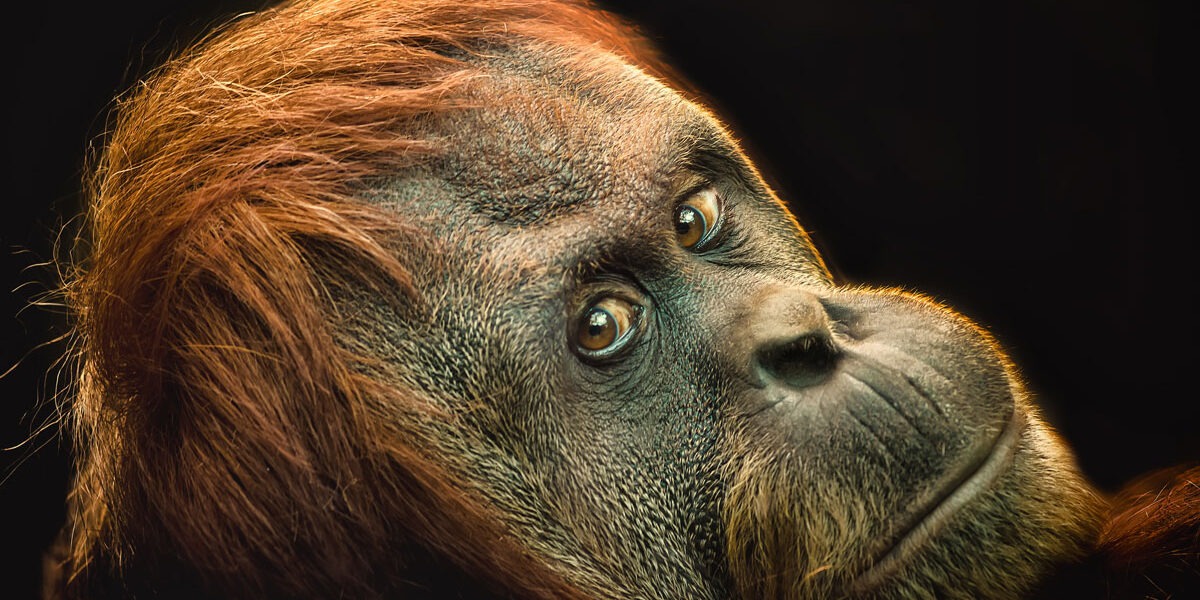Intelligent Animals kingdom is filled with remarkable creatures that display extraordinary intelligence, problem-solving abilities, and social complexity. From primates to cephalopods, these intelligent beings continue to fascinate researchers and animal enthusiasts alike with their cognitive capabilities. In this article, we unveil the top 10 most ` in the world, shedding light on their remarkable intellect and adaptive behaviors.
Intelligent Animals: Unraveling the Mysteries of Animal Cognition

1. Chimpanzees (Pan troglodytes):
Chimpanzees are widely regarded as one of the most intelligent non-human animals, exhibiting advanced problem-solving skills, tool use, and complex social behaviors. They demonstrate self-awareness, empathy, and the ability to communicate through gestures and vocalizations.
2. Dolphins (Tursiops truncatus):
Dolphins are renowned for their high levels of intelligence, demonstrated through their sophisticated communication skills, social structures, and cognitive abilities. They exhibit complex problem-solving, tool use, and self-awareness, making them one of the most intelligent marine mammals.
3. Elephants (Loxodonta africana/elephas):
Elephants are known for their exceptional memory, social bonds, and problem-solving abilities. They demonstrate self-awareness, empathy, and the ability to communicate through vocalizations and body language. Elephants also display tool use and exhibit mourning behaviors.
4. Octopuses (Octopus spp.):
Octopuses are remarkable for their advanced problem-solving skills, sensory perception, and adaptive camouflage abilities. They exhibit complex behaviors, such as tool use, object manipulation, and learning through observation. Their large brains and decentralized nervous systems contribute to their intelligence.
5. Border Collies (Canis lupus familiaris):
Border Collies are considered one of the most intelligent dog breeds, known for their exceptional obedience, problem-solving skills, and agility. They excel in various tasks, including herding, obedience training, and competitive sports, due to their high intelligence and trainability.
6. Ravens (Corvus corax):
Ravens are highly intelligent birds known for their problem-solving abilities, tool use, and social complexity. They demonstrate advanced communication skills, memory, and planning abilities, making them adept at navigating complex social hierarchies and foraging for food.
7. Orangutans (Pongo spp.):
Orangutans are highly intelligent great apes known for their tool use, problem-solving skills, and cultural behaviors. They exhibit complex social structures, long-term memory, and the ability to learn through observation and imitation. Orangutans also demonstrate self-awareness and emotional intelligence.

8. Pigs (Sus scrofa domesticus):
Pigs are surprisingly intelligent animals known for their problem-solving abilities, social cognition, and adaptability. They demonstrate complex social behaviors, such as communication through vocalizations and body language, as well as the ability to learn and adapt to new environments.
9. Parrots (Psittaciformes):
Parrots are renowned for their remarkable vocal mimicry, problem-solving skills, and social intelligence. They exhibit advanced communication abilities, memory, and learning capabilities, making them popular pets and subjects for cognitive research.
10. Bonobos (Pan paniscus):
Bonobos are closely related to chimpanzees and are known for their intelligence, empathy, and social cooperation. They demonstrate advanced problem-solving skills, tool use, and complex social behaviors, including conflict resolution and reconciliation.
The animal kingdom is filled with an astonishing array of intelligent beings, each with its own unique cognitive abilities and adaptive behaviors. From primates and marine mammals to birds and cephalopods, these remarkable creatures continue to inspire awe and admiration with their intelligence and ingenuity. As we continue to study and learn from these intelligent animals, we gain a deeper understanding of the complexity and diversity of life on Earth.
The Pros and Cons of the World’s Most Intelligent Animals: A Fascinating Insight into Animal Cognition
The animal kingdom is home to a diverse array of species, each exhibiting varying levels of intelligence and cognitive abilities. Among these, certain animals stand out for their remarkable intellect and adaptive behaviors. From problem-solving skills to social complexity, the world’s most intelligent animals possess unique strengths and weaknesses that shape their interactions with the environment and other species. In this article, we delve into the advantages and disadvantages of the world’s most intelligent animals, offering a deeper understanding of their cognitive prowess and evolutionary adaptations.

Advantages:
1. Advanced Problem-Solving Skills:
Intelligent animals, such as chimpanzees, dolphins, and octopuses, possess advanced problem-solving abilities that enable them to navigate complex challenges in their environment. This cognitive flexibility allows them to adapt to changing circumstances, find food, and outsmart predators more effectively.
2. Social Complexity and Cooperation:
Many intelligent animals, including elephants, ravens, and bonobos, exhibit complex social structures and cooperative behaviors. Their ability to communicate, collaborate, and form alliances enhances their survival and reproductive success, as they can share resources, protect each other from threats, and raise offspring collectively.
3. Tool Use and Innovation:
Some intelligent animals, such as chimpanzees, orangutans, and crows, demonstrate the ability to use tools to accomplish tasks, such as foraging for food, accessing resources, and solving puzzles. This capacity for tool use reflects their cognitive sophistication and capacity for innovation, allowing them to exploit novel opportunities in their environment.
4. Emotional Intelligence and Empathy:
Certain intelligent animals, including elephants, dolphins, and pigs, display emotional intelligence and empathy towards conspecifics and even members of other species. Their ability to recognize and respond to the emotions of others fosters social bonds, cooperation, and altruistic behaviors, enhancing their overall well-being and survival.
5. Adaptability and Learning Capacity:
Intelligent animals possess a high degree of adaptability and learning capacity, enabling them to thrive in diverse environments and novel situations. Their ability to learn from experience, observe and imitate others, and innovate new behaviors enhances their resilience and survival in changing ecosystems.
Disadvantages:
1. Vulnerability to Exploitation:
Intelligent animals are often targeted by humans for exploitation, including captivity, entertainment, and scientific research. Their cognitive abilities and social complexity make them valuable subjects for study, but also susceptible to exploitation and abuse in captive environments.
2. Conflict with Humans:
Intelligent animals, such as elephants, dolphins, and primates, may come into conflict gengtoto with humans due to competition for resources, habitat destruction, and human-wildlife conflict. This can lead to negative interactions, such as crop raiding, property damage, and retaliatory killings, posing threats to both animal and human populations.
3. Limited Habitat and Resources:
Intelligent animals with specialized ecological requirements, such as octopuses and bonobos, are vulnerable to habitat loss, fragmentation, and degradation. Their limited distribution and specific resource needs make them particularly susceptible to environmental disturbances and anthropogenic threats.
4. Susceptibility to Disease and Environmental Stressors:
Intelligent animals may be more susceptible to disease outbreaks, environmental pollution, and climate change-induced stressors due to their complex physiological and behavioral adaptations. This can result in population declines, genetic bottlenecks, and increased vulnerability to extinction risks.
5. Ethical Considerations in Research and Conservation:
The study and conservation of intelligent animals raise ethical considerations regarding their welfare, autonomy, and rights. Ethical dilemmas arise in scientific research, conservation management, and captive breeding programs, necessitating careful consideration of the potential impacts on individual animals and populations.
In conclusion
The world’s most intelligent animals possess remarkable cognitive abilities and adaptive behaviors that enable them to thrive in diverse environments. While their intelligence confers numerous advantages in terms of problem-solving, social cooperation, and adaptability, it also exposes them to various challenges, including exploitation, conflict with humans, habitat loss, and ethical considerations. By understanding the complex interplay between the advantages and disadvantages of animal intelligence, we can better appreciate and safeguard these extraordinary beings in our shared planet
Read More Article About “2024 Ontario Sunshine List Unveiled: Top Public Sector Salaries and What They Mean for Taxpayers“







